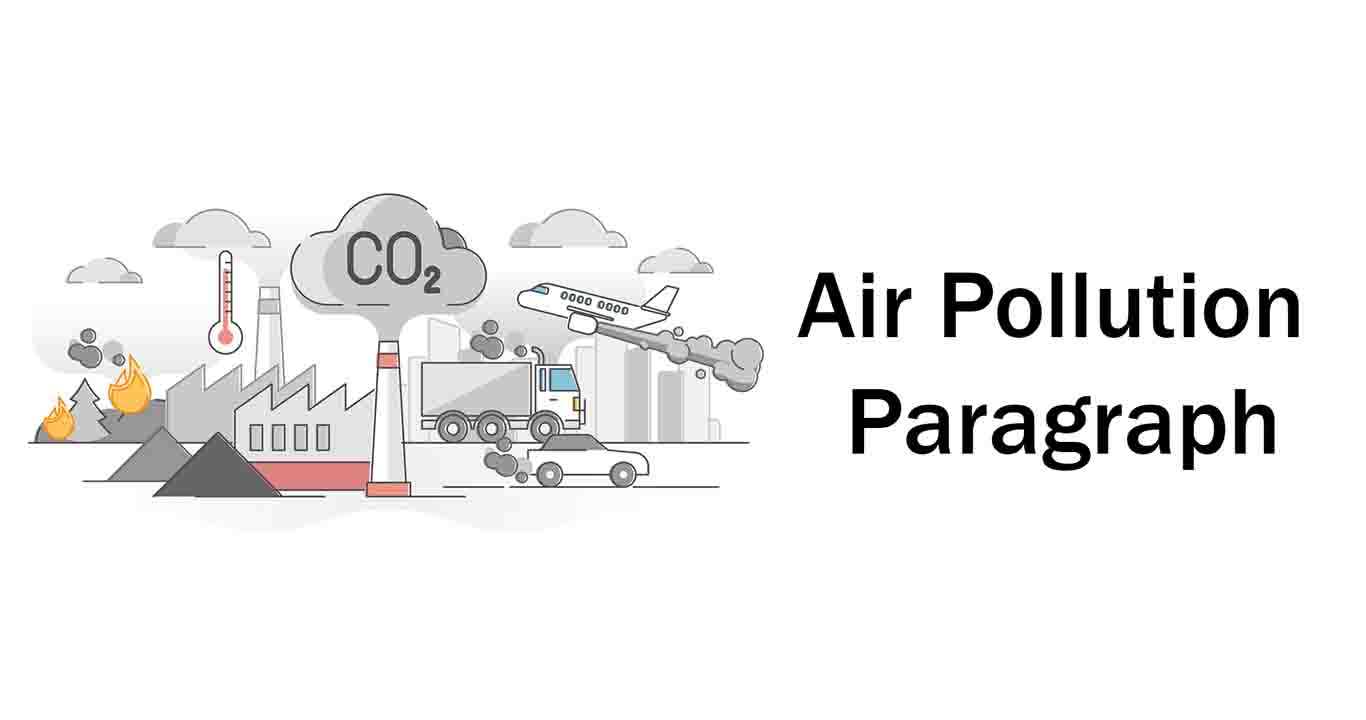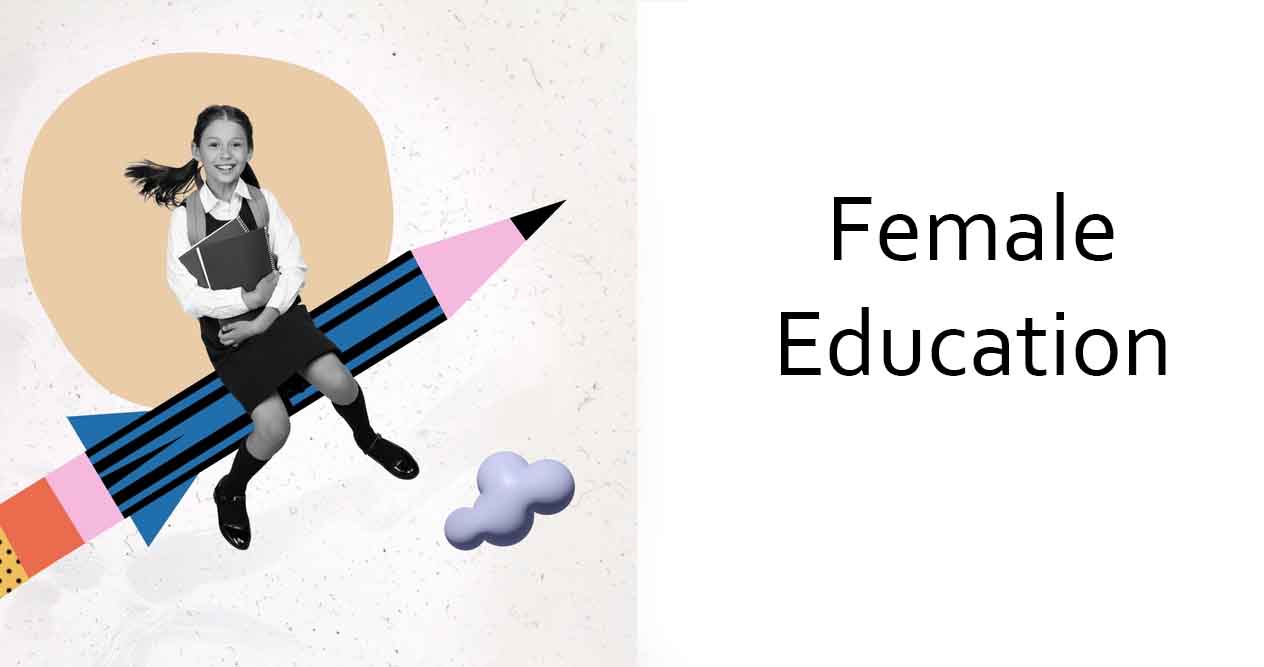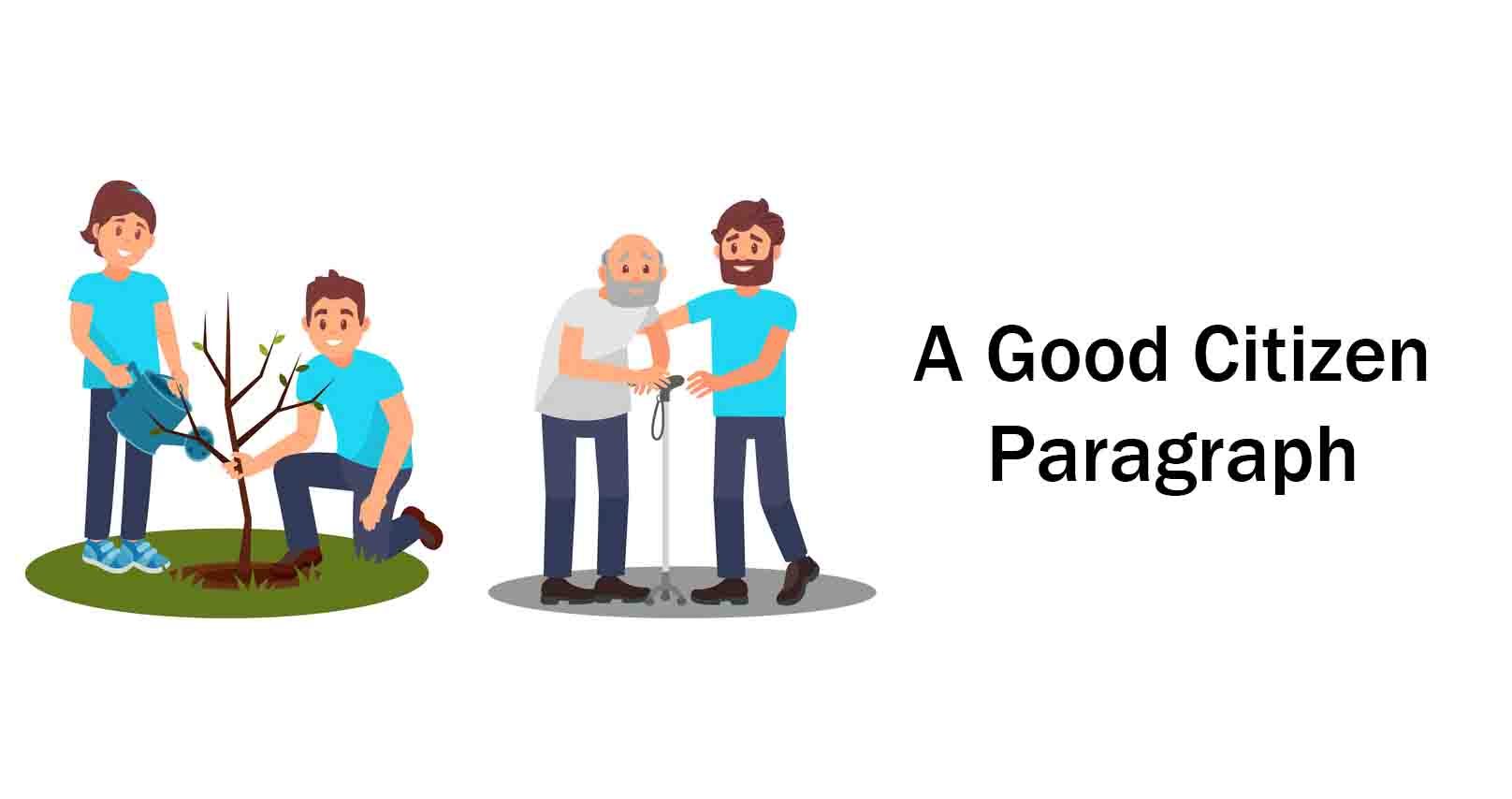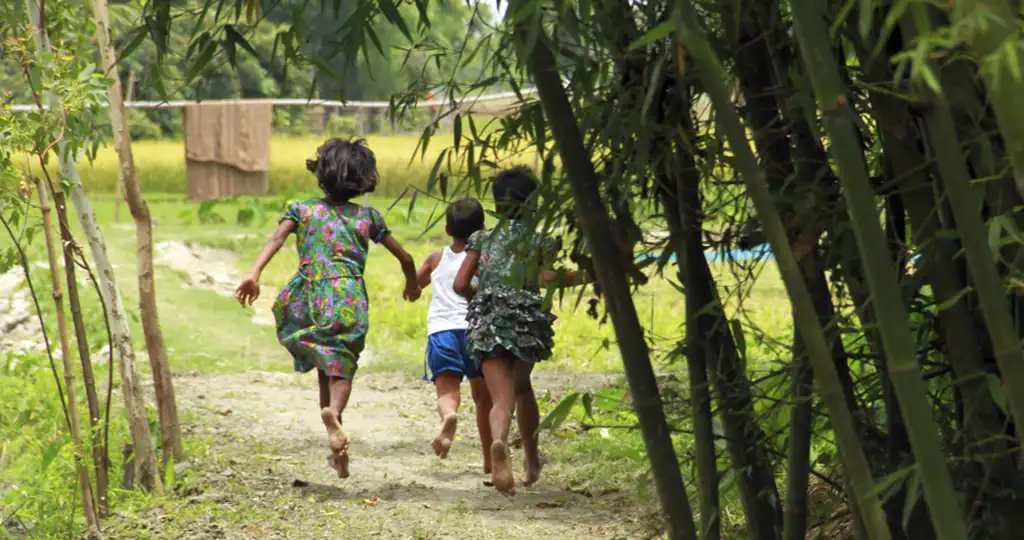Climate Change paragraph for hsc, ssc and in 100-500 Words
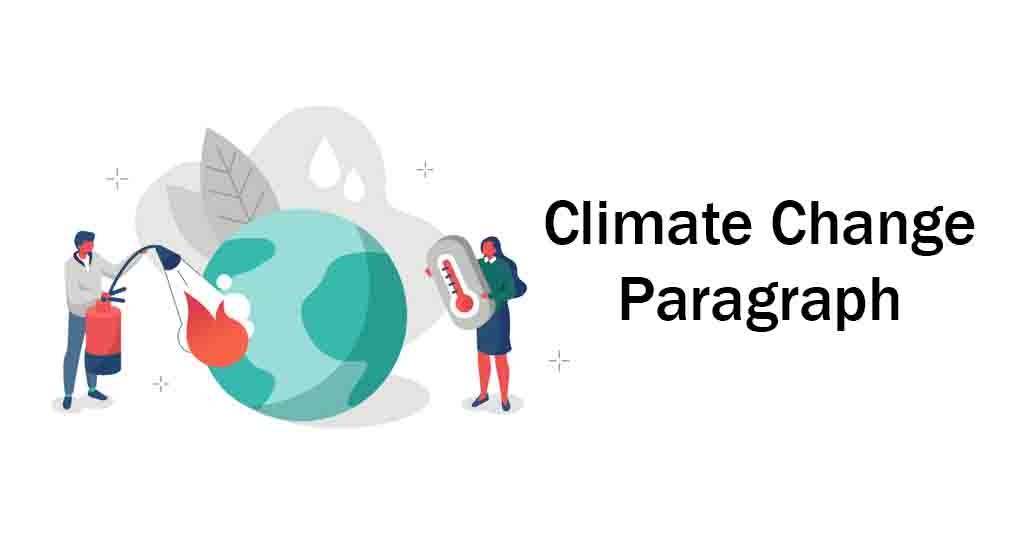
Climate change refers to the long-term change in the average weather patterns that have come to define Earth’s local and regional climates. It is primarily caused by human activities, particularly the burning of fossil fuels and deforestation, which release large amounts of greenhouse gases into the atmosphere, leading to a warming of the planet. The impacts of climate change include rising sea levels, more frequent and intense extreme weather events, and disruptions to ecosystems and wildlife populations. It is a pressing global issue that requires collective action from governments, businesses, and individuals to reduce greenhouse gas emissions and transition to a low-carbon future.
Climate Change Paragraph for HSC
Climate change refers to the long-term shift in global temperatures and weather patterns that are caused by human activities such as the burning of fossil fuels and deforestation. The evidence of climate change is undeniable, from rising temperatures and sea levels to more frequent and severe natural disasters. The primary driver of climate change is the emission of greenhouse gases such as carbon dioxide, methane, and nitrous oxide. These gases trap heat in the Earth’s atmosphere, leading to a warming of the planet. The impacts of climate change are far-reaching and can have serious consequences for both the environment and human society. Climate change is causing the melting of polar ice caps and glaciers, which is leading to rising sea levels and an increase in the frequency of coastal flooding. Changes in weather patterns and rising temperatures can also affect agriculture, causing crops to fail and food shortages in some regions. Climate change can also have significant impacts on human health, particularly in vulnerable communities, by spreading diseases like dengue fever and malnutrition. To address the issue of climate change, it is essential to reduce the emission of greenhouse gases and transition to clean, renewable energy sources such as wind, solar, and hydropower. This can be done by investing in energy-efficient technologies, reducing deforestation, and implementing policies to encourage the use of renewable energy. Governments, businesses, and individuals all have a role to play in addressing climate change. We must act now to mitigate the worst impacts of climate change and ensure a sustainable future for generations to come.
Climate Change Paragraph for SSC 250 Words
Climate change is a global crisis that is caused by human activities such as the burning of fossil fuels, deforestation, and other forms of pollution. These activities release large amounts of greenhouse gases into the atmosphere, which trap heat and cause the Earth’s temperature to rise. As a result, we are experiencing rising sea levels, more frequent and severe natural disasters, and changes in weather patterns. Climate change is affecting not only the environment but also human society. For example, it can lead to food and water shortages, spread diseases, and displace millions of people. To tackle this crisis, it is important to reduce greenhouse gas emissions and transition to clean, renewable energy sources such as wind and solar power. Governments, businesses, and individuals all have a role to play. Governments can implement policies to encourage the use of renewable energy, while businesses can invest in energy-efficient technologies. Individuals can also make a difference by reducing their carbon footprint and supporting organizations that are working to combat climate change. In conclusion, the time to act on climate change is now. We must work together to mitigate its effects and ensure a sustainable future for ourselves and future generations. Climate change is a global challenge, and it requires a global response. By taking action now, we can create a better future for ourselves and for the planet.
Climate Change Paragraph in 200 Words
Climate change is a pressing issue that affects the entire planet. Human activities such as burning fossil fuels, deforestation, and industrial processes have released large amounts of greenhouse gases into the atmosphere, causing the Earth’s temperature to rise. The consequences of climate change include rising sea levels, more frequent and intense natural disasters, and changes in weather patterns that can disrupt agriculture and lead to food shortages. To address this crisis, it is important to reduce emissions of greenhouse gases and shift towards clean, renewable energy sources. Governments can implement policies to encourage the use of renewables, while businesses and individuals can make changes in their daily habits, such as reducing energy consumption and using public transportation. Additionally, protecting and restoring forests can play a crucial role in mitigating climate change by absorbing carbon dioxide from the atmosphere. In short, climate change is a complex issue that requires a collective effort from all of us. By taking action now, we can ensure a sustainable future for ourselves and for the planet.
Climate Change Paragraph in 150 Words
Climate change is a major global issue caused by human activities such as burning fossil fuels and deforestation. The emission of greenhouse gases into the atmosphere is causing the Earth’s temperature to rise, leading to rising sea levels, more frequent natural disasters, and changes in weather patterns. To combat this crisis, it is important to reduce emissions and shift towards clean, renewable energy sources. Governments, businesses, and individuals can all play a role by implementing policies, investing in renewable energy, and making changes in daily habits. Protecting and restoring forests can also help mitigate the impacts of climate change by absorbing carbon dioxide from the atmosphere.
Climate Change Paragraph in 100 Words
Climate change is a critical global issue caused by human activities that release greenhouse gases into the atmosphere. The resulting rise in global temperatures is leading to rising sea levels, more frequent natural disasters, and changes in weather patterns. To address this crisis, it is necessary to reduce emissions and shift towards clean, renewable energy sources. Governments, businesses, and individuals must take action to combat the impacts of climate change and ensure a sustainable future for the planet.
Climate Change Paragraph in 500 Words
Climate change refers to the long-term shifts in the Earth’s temperature and weather patterns that are caused by human activities such as burning fossil fuels and deforestation. The emission of greenhouse gases into the atmosphere traps heat, causing the planet to warm. The evidence of climate change is overwhelming and its impacts are far-reaching, affecting the environment and human society.
Rising temperatures and the melting of polar ice caps and glaciers are causing sea levels to rise, leading to increased coastal flooding and erosion. Changes in weather patterns and rising temperatures can also affect agriculture, causing crops to fail and food shortages in some regions. The impacts of climate change can also be felt on human health, as disease-carrying insects such as mosquitoes and ticks spread to new regions and malnutrition become more prevalent.
The effects of climate change are also being felt by wildlife and ecosystems, as rising temperatures and changing weather patterns disrupt habitats and migration patterns. This, in turn, affects biodiversity, as species struggle to adapt to their changing environment. Climate change is also exacerbating natural disasters, such as hurricanes, wildfires, and droughts, making them more frequent and intense.
To address the issue of climate change, it is essential to reduce the emission of greenhouse gases and transition to clean, renewable energy sources such as wind, solar, and hydropower. This can be done by investing in energy-efficient technologies, reducing deforestation, and implementing policies to encourage the use of renewable energy. Governments, businesses, and individuals all have a role to play in addressing climate change. Governments can implement regulations to reduce emissions and support the development of clean energy, while businesses can invest in sustainable practices and reduce their carbon footprint. Individuals can also make a difference by reducing energy consumption, using public transportation, and supporting organizations that are working to combat climate change.
In conclusion, climate change is a global crisis that requires a collective effort from everyone. We must act now to mitigate its worst impacts and ensure a sustainable future for generations to come. The future of the planet depends on our ability to work together and make the necessary changes to protect it. By taking action now, we can create a better future for ourselves and for the planet.
Key Points for Climate Change Paragraph
1. What is climate change?
Climate change refers to the long-term changes in the Earth’s climate, including increases in temperature, changes in precipitation patterns, and rising sea levels. It is primarily caused by human activities that release greenhouse gases into the atmosphere, such as burning fossil fuels and deforestation.
2. How does climate change affect the planet?
Climate change has a range of negative impacts on the planet, including more frequent and severe weather events such as droughts, floods, and hurricanes. It can also lead to changes in ecosystems, biodiversity loss, and harm to human health and infrastructure.
3. How can we mitigate climate change?
Mitigating climate change requires a combination of individual and collective actions, such as reducing emissions through energy efficiency and the use of renewable energy, promoting sustainable agriculture and transportation, and supporting policies that reduce greenhouse gas emissions and protect natural resources.
4. What are the consequences of not addressing climate change?
The consequences of not addressing climate change are severe and could include catastrophic impacts on human health, the economy, and the environment. These impacts include increased frequency and severity of natural disasters, food and water scarcity, and economic instability.
5. What is the Paris Agreement?
The Paris Agreement is a global agreement among countries to combat climate change and limit global temperature rise to well below 2 degrees Celsius above pre-industrial levels. The agreement includes commitments by countries to reduce their greenhouse gas emissions, enhance their climate resilience, and provide financial support to developing countries.
6. Can individuals make a difference in addressing climate change?
Yes, individuals can make a difference in addressing climate change through actions such as reducing energy consumption, using public transportation, supporting sustainable businesses, and advocating for policies that address climate change.
7. How does climate change affect biodiversity?
Climate change affects biodiversity by altering habitats, changing migration patterns, and causing species to shift their ranges. This can result in a loss of biodiversity and the extinction of some species. It can also have cascading effects on ecosystems and the services they provide to humans.
